Twitch is one of several giant companies within the sphere of gaming to lay off a huge portion of its workforce to start 2024, alongside companies like Discord and Unity. Twitch laid off over 500 staff members, more than a quarter of its workforce, on Tuesday, Jan. 9, 2024.
Two days later, the company’s CEO Dan Clancy appeared on the official Twitch channel on the platform, and candidly told viewers that the business is not currently profitable. “We’ve implied this before where we need to run it sustainably, but I’ll be blunt, we aren’t profitable at this point,” Clancy said, before adding that Amazon is supportive of and “bullish on” Twitch.
The news may come as a surprise to people unfamiliar with how Twitch runs; how could the clear number one platform in livestreaming, with all those ads I watch, be unprofitable?
Like other gaming giants, Twitch grew too quickly
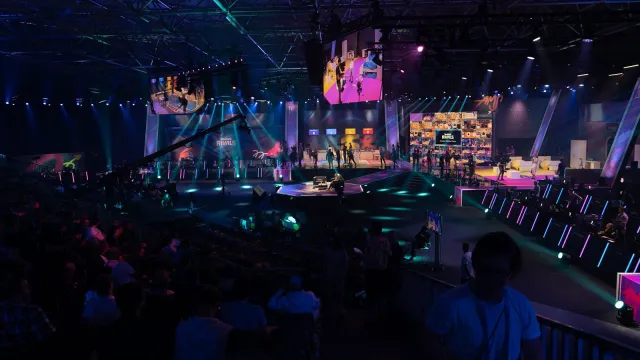
The gaming industry as a whole was one of the few that truly thrived during the height of the COVID-19 pandemic. When the world went on lockdown, gamers had more time to play, but also more time to spend discovering and watching content on Twitch. The increased volume of streaming and people watching those streams led to huge spikes in popularity for games like Among Us and Fall Guys, though even the latter wasn’t safe from layoffs.
With more interest, the value of advertisements on Twitch went up, because of the increase in people watching and sometimes clicking on those ads. But as people began to return to work and leave their homes, Twitch and other industries that thrived off a captive audience saw less returns over time. According to SullyGnome, the total number of hours watched on Twitch has dropped in the past two years, from 24.3 billion in 2021, to 22.6 billion in 2022, and then down to 21.4 billion in 2023.
Twitch isn’t the only company within gaming to feel the sting of the post-pandemic lull. 2023 was considered one of the best years in gaming when it comes to quality of releases, and yet the year was still highlighted by wave after wave of layoffs being announced by different companies. It’s not just gaming; there are more streaming platforms than ever fighting over an audience of viewers who aren’t stuck at home anymore. It’s not shocking that the layoffs at Twitch were accompanied by layoffs at Prime Video as well.
Twitch lags behind when it comes to the advertisement game
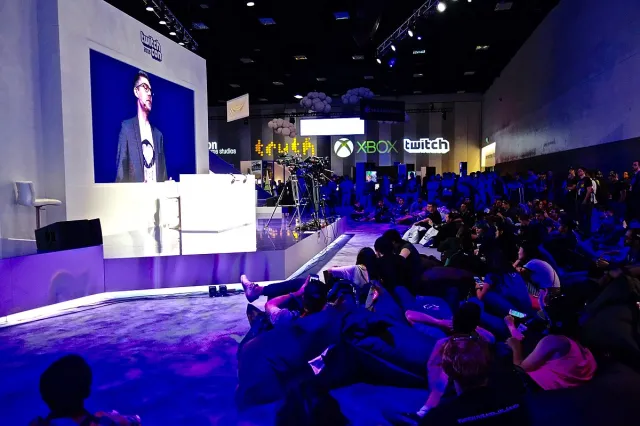
Following Twitch’s layoff announcement, long-time esports and gaming industry reporter Jacob Wolf published a report that goes into some of the issues going on within Twitch. One of those issues was the company’s approach to ad sales compared to other social media sites.
Wolf cites data firm DataReportal, who estimate that Twitch is the fifth-most used social platform among gamers, behind Facebook, Instagram, YouTube, and X (formerly Twitter). However, Twitch severely lacks the same amount of personal data that sites like Facebook or Instagram are getting from its users. While that’s good for consumers and customers who don’t like their data being shared, it’s bad for Twitch because their ad deals are not performing as well.
Only five percent of active monthly users on Twitch create content, per an estimate by Wolf, and most of those users who don’t make content are just a username with no data that advertisers can use. You’ll be hard-pressed to find users on Twitch willing to provide more personal data if they were asked to.
The money is going but it ain’t coming
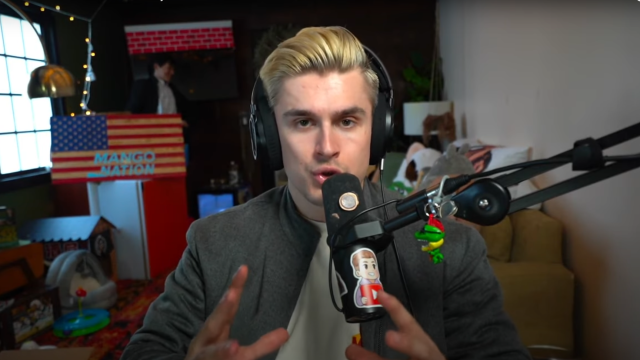
Twitch paid out over $1 billion to streamers during 2023, according to their layoffs announcement. But there are a couple of problems that prevent the company from being profitable despite this.
With Twitch’s affiliate program, streamers can make money even if they aren’t massive, top-tier creators. But while the payouts to them are smaller, it still costs the same amount of money (a lot, according to Wolf) to host livestreaming servers. So smaller streamers might be costing Twitch money, and it’s not like Twitch can pull the plug on smaller streamers without a full-blown community mutiny.
Twitch has also wasted money on exclusive streaming deals both with individual creators and esports leagues. Former Twitch Director of Creator Development Marcus “djWHEAT” Graham adamantly opposed the deal to acquire exclusive Overwatch League streaming rights for nearly $100 million back in 2018, which did not pan out for Twitch and led to several members of Graham’s staff being laid off. Several of Twitch’s biggest creators have also jumped ship to platforms like YouTube or Kick.
Is Twitch going to go away? Likely not if Clancy’s statements on Amazon’s bullishness are to be believed. But it wouldn’t be a surprise to see more layoffs or cost-cutting endeavors in the near future.


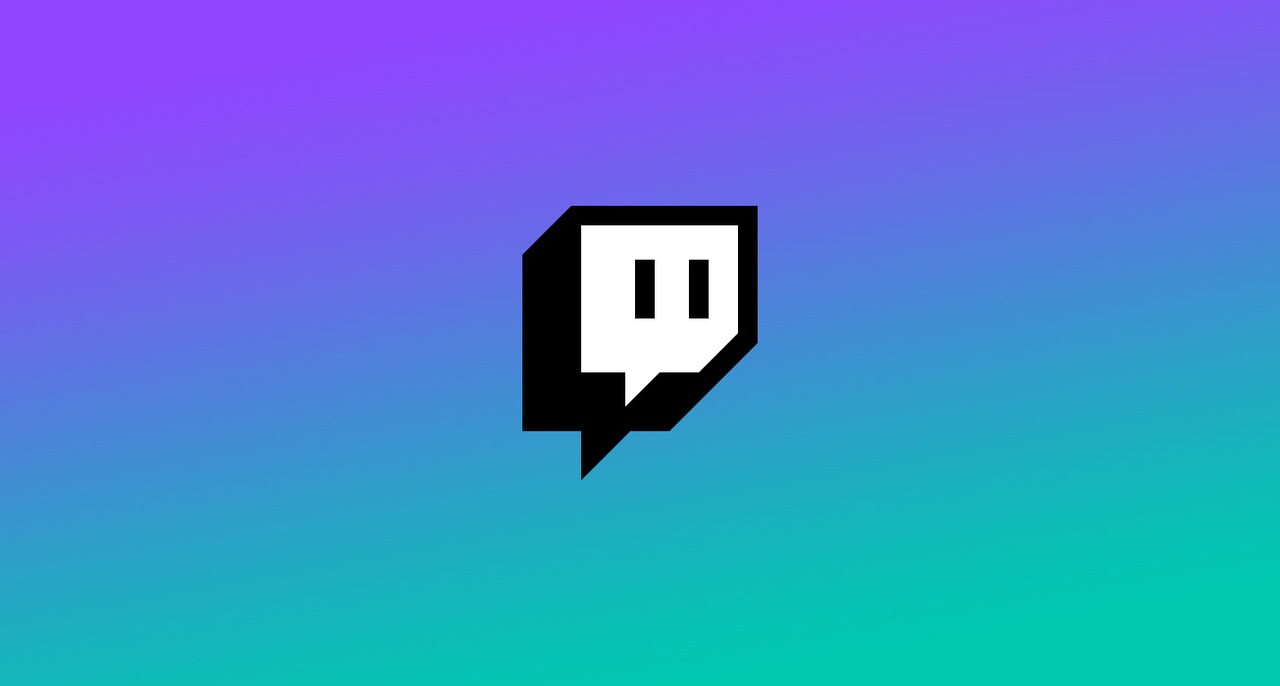
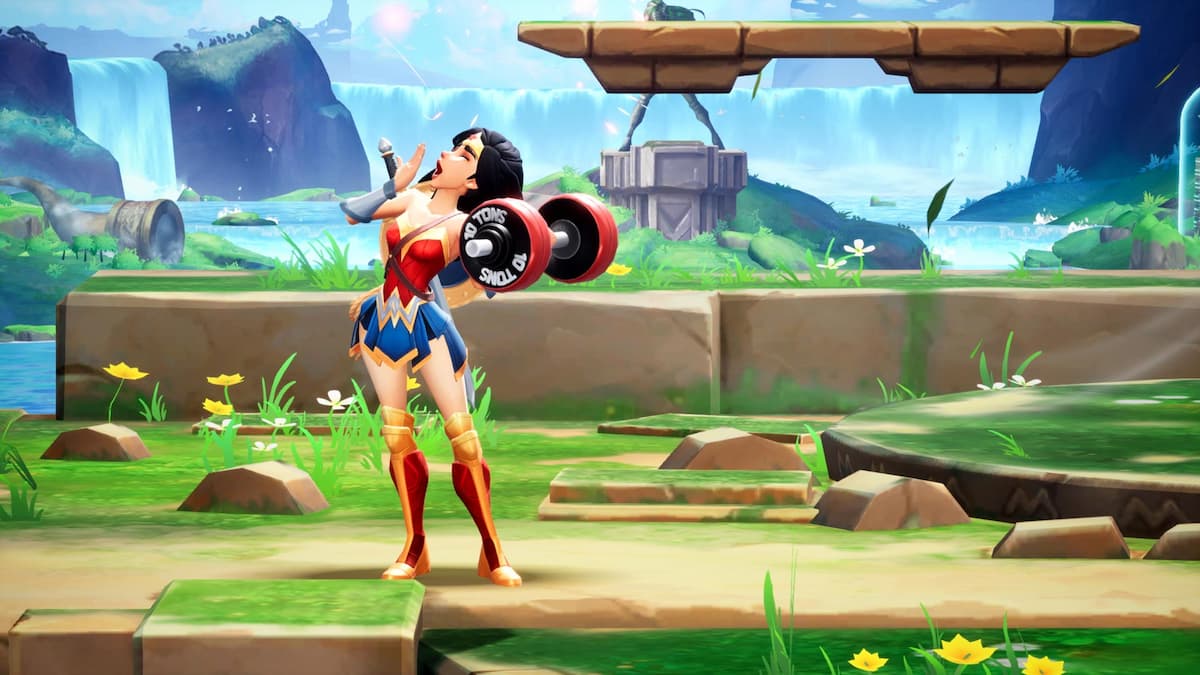


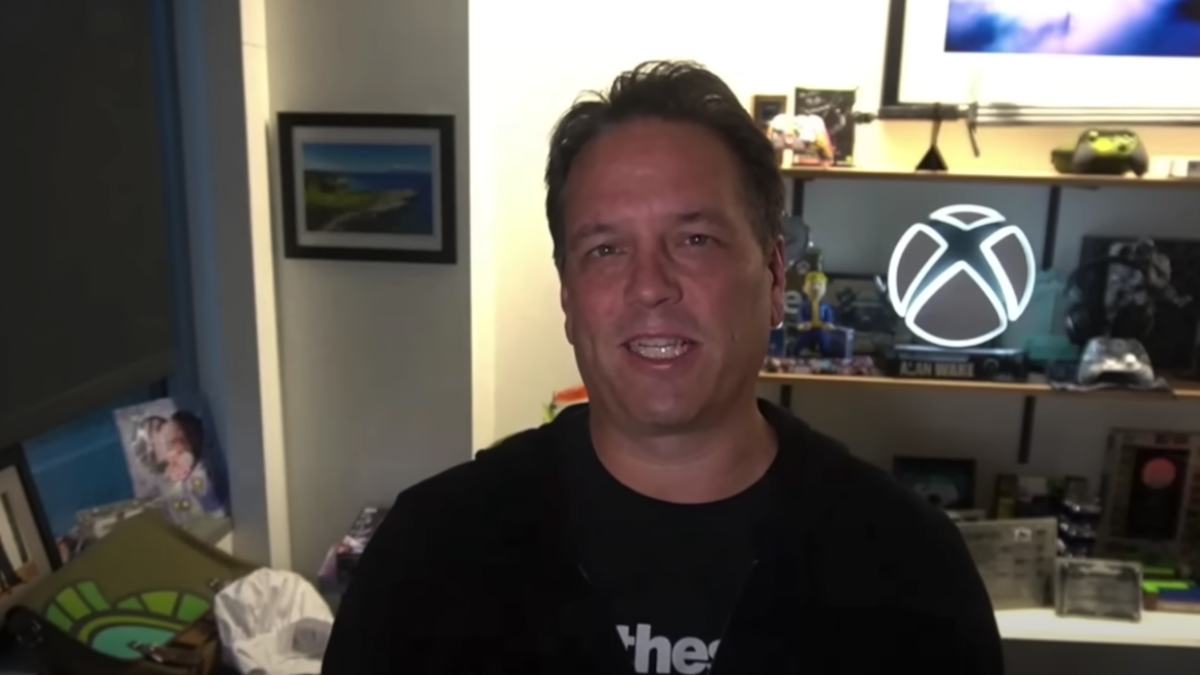






Published: Jan 11, 2024 07:37 pm